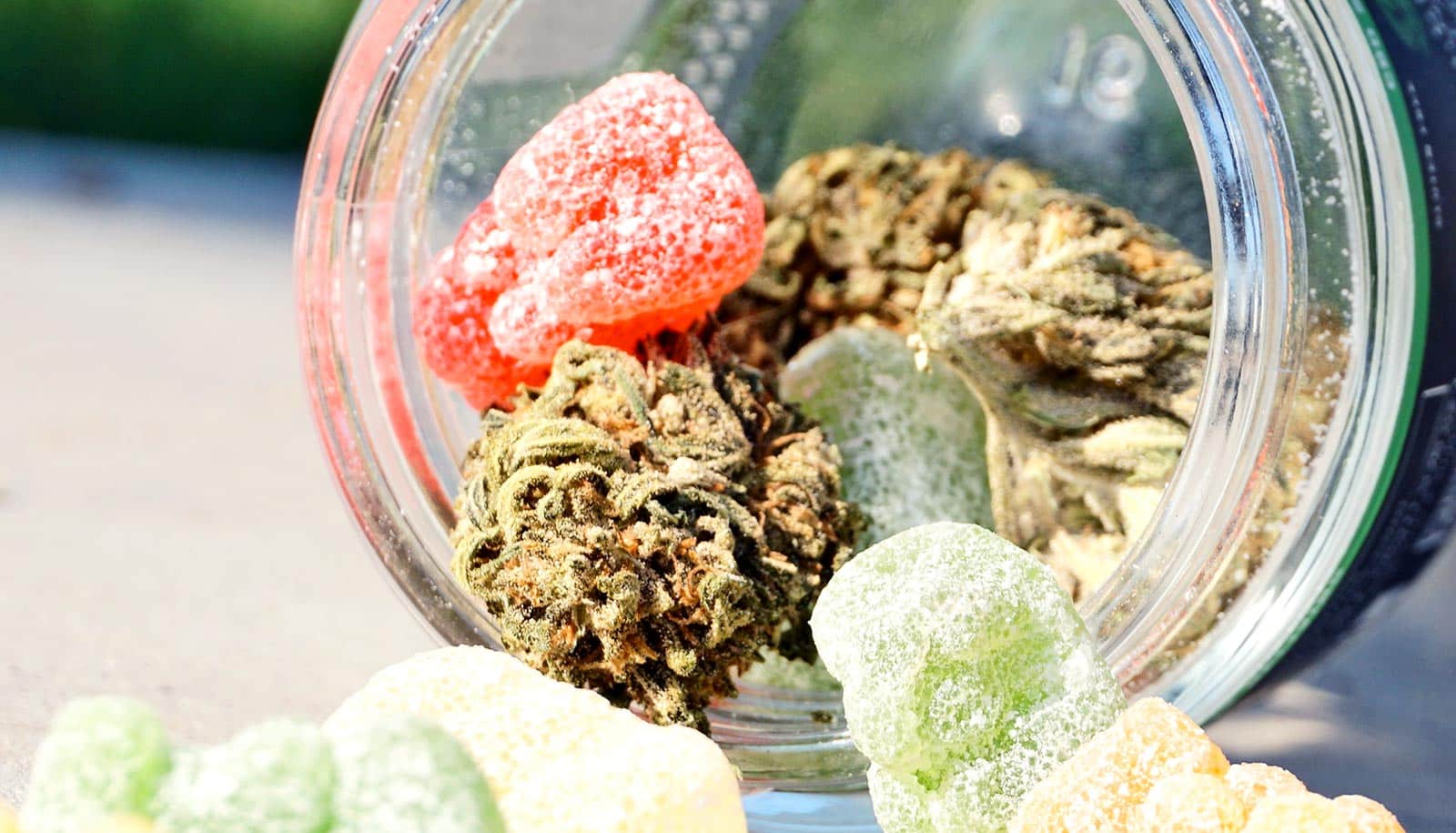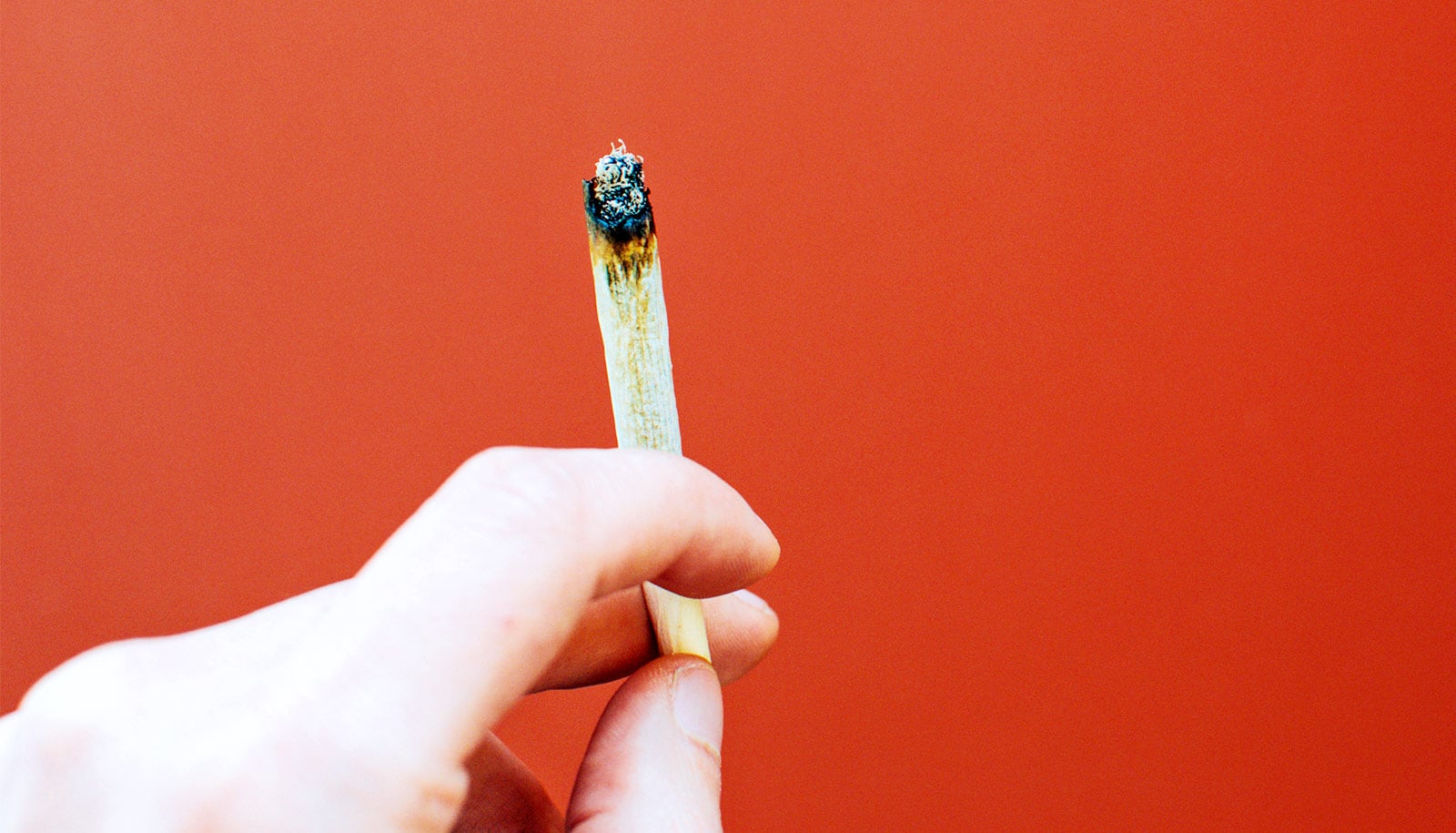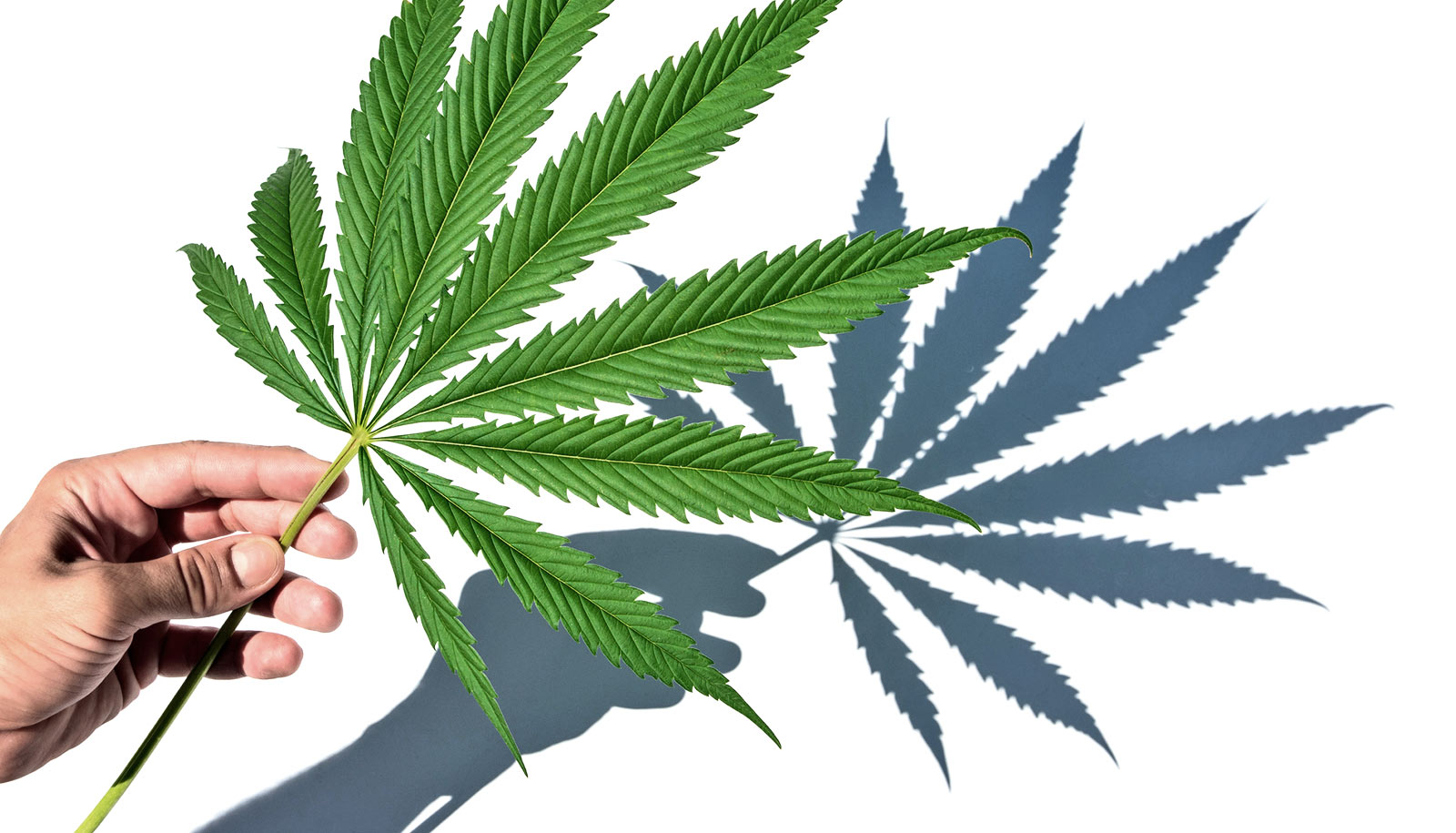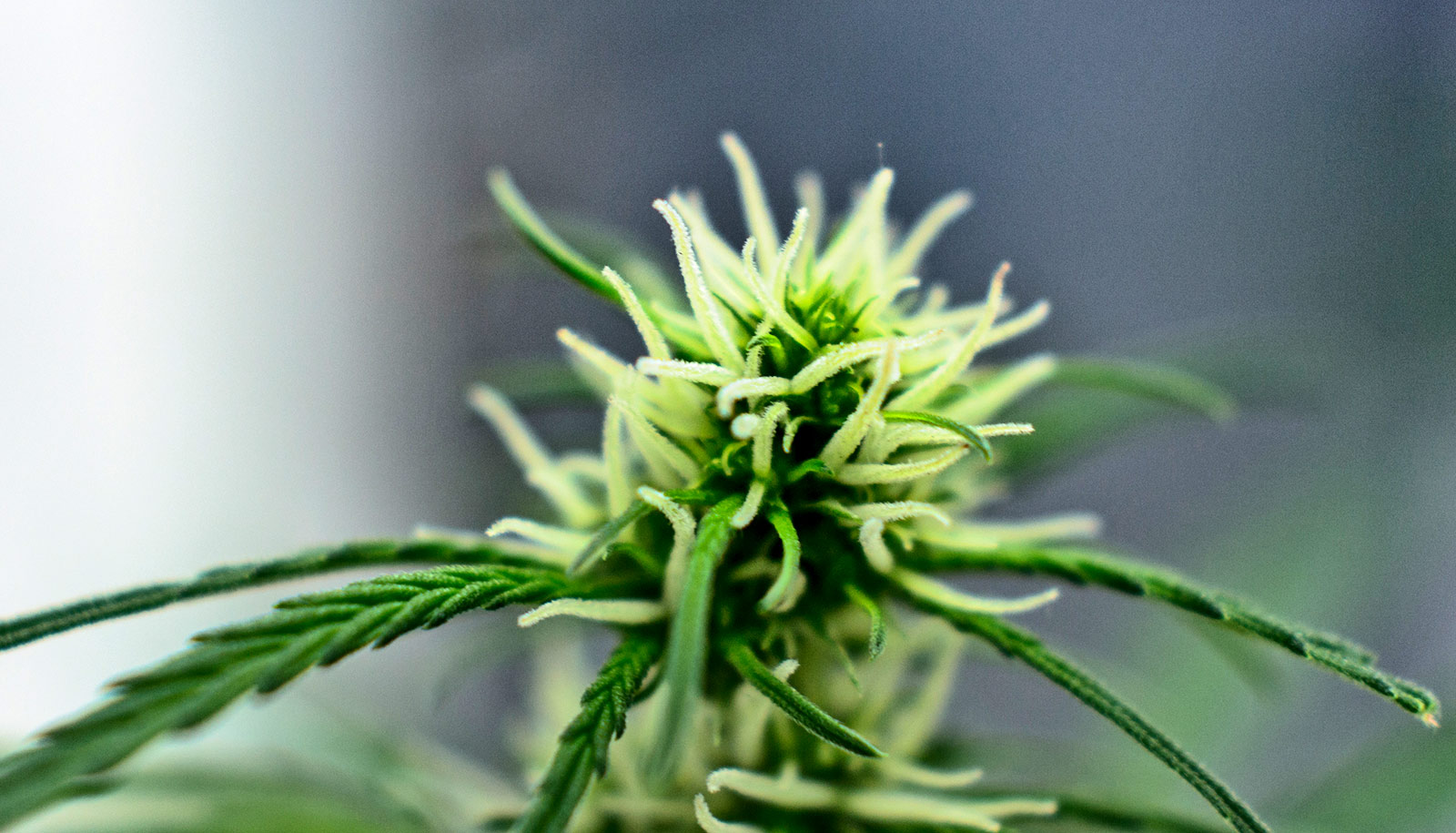Survey findings document than 500 people’s experiences with delta-8-THC and how it compares to cannabis.
The words of one user best describe the overarching views shared by survey participants: that delta-8-THC is like delta-9’s “nicer younger sibling” because it provides all the benefits with fewer adverse reactions.
Delta-8-THC is everywhere from gas stations to grocery stores and trendy boutique shops. It’s a hemp-derived cousin of delta-9-tetrahydrocannabinol (THC)—more commonly known as cannabis—the active ingredient in the cannabis plant that provides the “high” people feel after using it.
And it’s the subject of a lot of debate and conversation in state legislatures, among public health practitioners and especially consumers, many of whom have turned to delta-8-THC to treat a broad range of health and medical conditions.
Although it didn’t specifically address delta-8-THC, the 2018 US Farm Bill effectively legalized it through a loophole that allowed the sale of hemp-derived delta-8-THC products in areas where recreational use of cannabis was prohibited, as well as where medicinal marijuana required medical authorization. By late 2020, delta-8-THC exploded in popularity.
Despite its rapidly increasing availability, there is still a lot to learn about delta-8-THC’s properties and effects.
Vaping and edibles with delta-8-THC
Now, researchers from the University at Buffalo and the University of Michigan are shedding new light on the compound. They’re working with a manufacturer of cannabinoid (CBD) products in Buffalo in an effort to learn more about the benefits and potential drawbacks of delta-8-THC, and better inform lawmakers, public health officials, consumers, and others.
It’s the largest study to date on users’ experiences with delta-8. The findings appear in two papers, one in Cannabis and Cannabinoid Research, and the other in the Journal of Cannabis Research.
“Because this is one of the first studies of its kind on delta-8-THC and so many states have changed their legislation, we wanted to really explore what people felt as they were using it compared to delta-9-THC. We found that people who are utilizing delta-8-THC feel fewer negative side effects, and they are using it in modalities that are safer, like vaping or edibles or using topically,” says Jessica Kruger, clinical assistant professor of community health and health behavior in the University at Buffalo’s School of Public Health and Health Professions.
Kruger’s coauthor on both papers is Daniel J. Kruger, research investigator in the Population Studies Center at the University of Michigan who also has a faculty affiliation in the University at Buffalo’s School of Public Health and Health Professions.
Research on delta-8-THC is scarce, and the Krugers’ work comes as more states are legalizing cannabis for recreational and medicinal use, while prohibiting delta-8-THC. Of the 14 states that have banned delta-8-THC, six allow recreational use of cannabis, 10 allow medical use and three have decriminalized recreational use.
“It’s paradoxical that different states and municipalities are opening up to delta-9, it’s becoming more available and increasingly legalized, and yet they’re putting the brakes on delta-8, even though it seems to have a better profile in terms of its effects,” says Daniel Kruger.
“It’s almost like the opposite of what you would do if you were informed of the evidence.”
User experiences
Delta-9 tetrahydrocannabinol is more potent than delta-8 and accounts for most of the THC that occurs naturally in the cannabis plant, which makes it easy to extract, explaining why it’s more commonly smoked. Delta-8-THC, however, is about half as potent. It’s also produced in far less quantity and thus has to be processed from a concentrate. That’s why most people consume it in edibles such as gummies or brownies, or by vaping.
The Krugers partnered with Buffalo-based Bison Botanics, which used its social media channels to put out a call to delta-8-THC consumers to participate in a research survey the Krugers developed. The survey asked respondents to compare their experiences with delta-8-THC vs. delta-9.
In all, 521 people from 38 states—29% from New York—participated in the survey.
Findings include:
- About two-thirds said they consume delta-8-THC through edibles such as gummies.
- Experiences with delta-8 were characterized predominantly by relaxation, pain relief, and euphoria, with most participants saying they could perform their normal daily activities without experiencing the adverse side effects associated with cannabis use, such as paranoia, anxiety, or the munchies.
- 51% reported using delta-8-THC to treat a range of health and medical conditions, primarily anxiety or panic attacks, stress, depression or bipolar disorder, and chronic pain.
- 78% said they have not told their primary care provider that they use delta-8 because they lacked confidence in their physician’s ability to integrate medical cannabis into their treatment.
- On average, participants’ experiences of paranoia and anxiety while using delta-8-THC were between “not at all” and “a little.”
Participants also showed little knowledge on effective doses of delta-8 and said most of what they did know about it came from the internet or their own experiences.
Do research, reduce harm
“A lot of customers that use delta-8 are so happy with its therapeutic effects, and they’re worried it might be taken away. They want to do anything they can to help prevent that,” says Justin Schultz, founder and president of Bison Botanics. “We’re confident the state is taking this information seriously and is willing to adapt or build its legislation based on public feedback. They’re not ignoring our industry.”
The researchers say it’s critical to study delta-8-THC and other cannabinoids coming to market to inform policies, regulations, and practices that minimize the costs, risks, and harms while maximizing delta-8-THC’s potential benefits.
“While delta-8-THC appears to have some really big, positive attributes, we need to know more, and we should be cautious with any product that’s hitting the market unregulated and untested,” Jessica Kruger says. “More research needs to be done because this could be a possible way to reduce harm for those who are using cannabis, and for people to have fewer negative reactions.”
“There’s this huge boom in cannabis-related research now, just as there is in the cannabis industry, but there are still so many unknowns,” says Daniel Kruger. “Delta-8-THC came to market largely after the Farm Bill and everyone was saying, ‘We don’t know anything about this. As researchers, if the challenge is ‘we don’t know enough about this,’ the answer is ‘well, let’s study it’ because all policies should be informed by empirical evidence.”
Source: University at Buffalo



